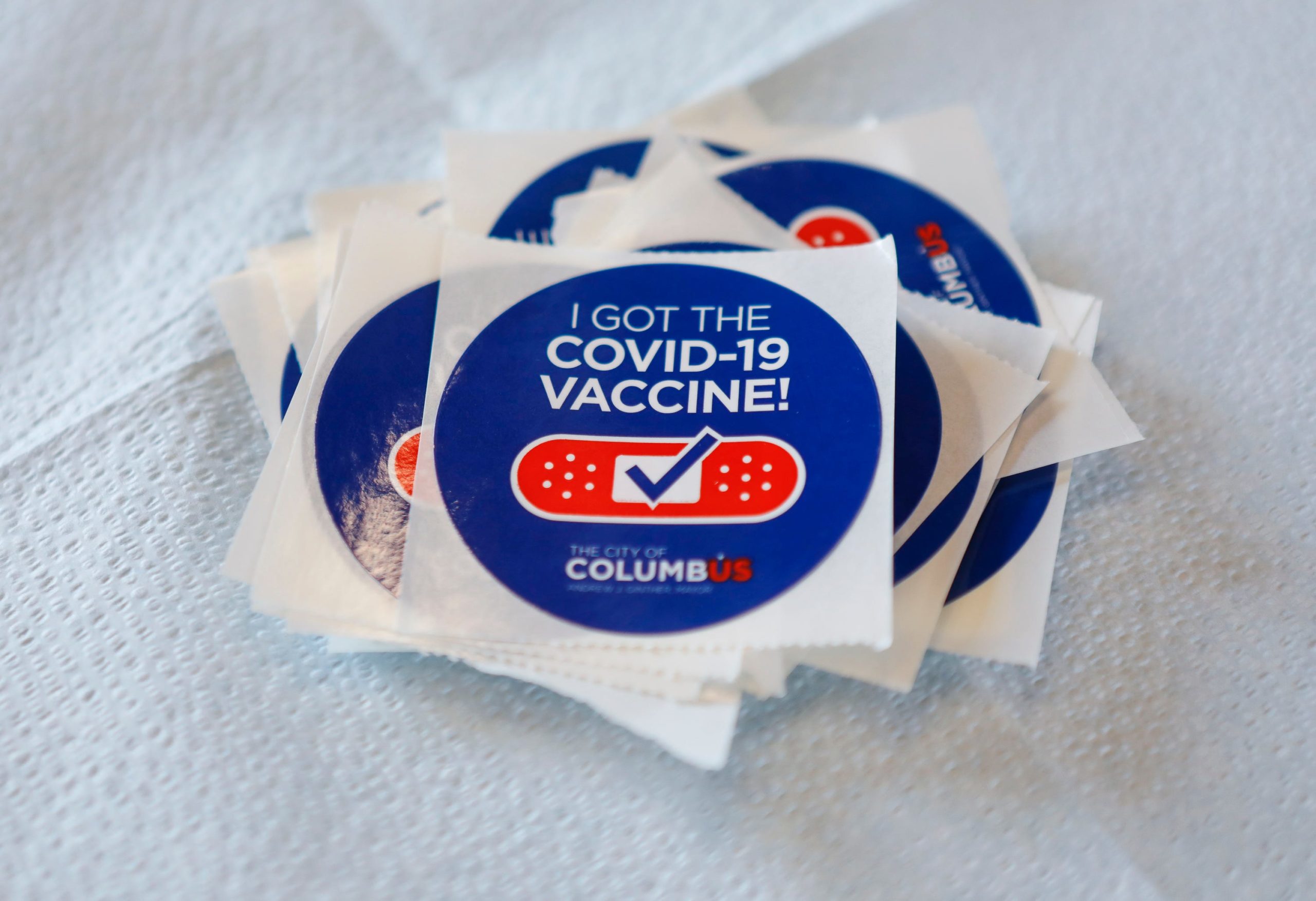Commentary
June 29, 2021
Peer Pressure, Not Politics, May Matter Most When it Comes to Getting the COVID-19 Vaccine
Daniel A. Cox
As the COVID-19 vaccination rate slows down in the U.S. — according to the Centers for Disease Control and Prevention, only about
54 percent of the eligible population was fully vaccinated as of Monday morning —
red states are falling behind. The lowest vaccination rates are in deep-red states like
Mississippi and Alabama, while deep-blue states like Vermont and Massachusetts have had far more success in vaccinating their residents.
This widening gulf between red and blue states has
reignited fears that politics is seriously undermining the nation’s vaccination efforts. And for good reason: There is a
stark and growing divide in the vaccination rates in Republican- and Democratic-leaning parts of the country. But the singular focus on politics ignores the critical role that social pressure plays in deciding whether to get the COVID-19 vaccine.
For starters, Republicans are simply less likely to have friends who have been vaccinated. In
a May survey conducted by the American Enterprise Institute’s Survey Center on American Life, where I serve as director, less than half of Republicans (46 percent) said that most or all of their friends had received at least a single dose of the vaccine. For Democrats, meanwhile, vaccination is the norm among their peers. Two-thirds said that most or all of their friends had been at least partially vaccinated.
Moreover, Republicans were far less likely than Democrats in this survey to have received any encouragement from friends or family members to get vaccinated (28 percent versus 55 percent, respectively). In fact, one in three Republicans reported that friends or family had advised them not to get the vaccine or that they had received mixed messages about the importance of getting one.
This finding is noteworthy because while partisanship is a factor in influencing our behaviors, social science research consistently shows that our friends exert a profound — and often invisible — influence on us. For instance, if you have friends who smoke or are obese, your
chances of smoking or being obese increase significantly.
So it may be for getting the COVID-19 vaccine.
Americans whose immediate social circle was entirely vaccinated were far more likely than those with fewer vaccinated friends to have gotten the vaccine themselves per the study by the Survey Center on American Life. And despite reporting higher rates of vaccine hesitancy overall, this was true among Republicans as well. Ninety-three percent of Republicans whose friends were at least partially vaccinated had also been vaccinated. By contrast, only 19 percent of Republicans with just a few or no friends who were partially vaccinated said that they had gotten the jab.
Of course, self-selection may play a role in this relationship, as our friends generally share our values, but even when this study controlled for personal factors such as age, gender, race, ethnicity and political affiliation, the results indicated that the vaccination status of our friends strongly predicts our own.
We should not dismiss the role of politics in vaccine hesitancy, but among Republicans, this reluctance is not universal. Nor are the reasons for this reluctance uniformly political. A May
Kaiser Family Foundation survey found, for instance, that the political gap among people age 65 and older was relatively modest. Older Americans in Trump-voting counties did not lag far behind those in Biden-voting counties in getting vaccinated (63 percent versus 71 percent). Rather, the age group expressing the greatest level of vaccine hesitancy was younger adults
: A June
Morning Consult survey found that 43 percent of 18- to 34-year-olds were unwilling to get or uncertain about getting vaccinated.
Because COVID-19 is so much more dangerous for
older people, they likely have greater personal incentives to get vaccinated, but they also probably face more social pressure as well. Again, the Survey Center on American Life study found that older Americans — Democrats and Republicans alike — were far more likely than younger Americans to have vaccinated friends.
Americans experience widely different levels of social pressure to get the COVID-19 vaccine. And for better or worse, our friends exercise considerable influence over the information we have and the decisions we make.

